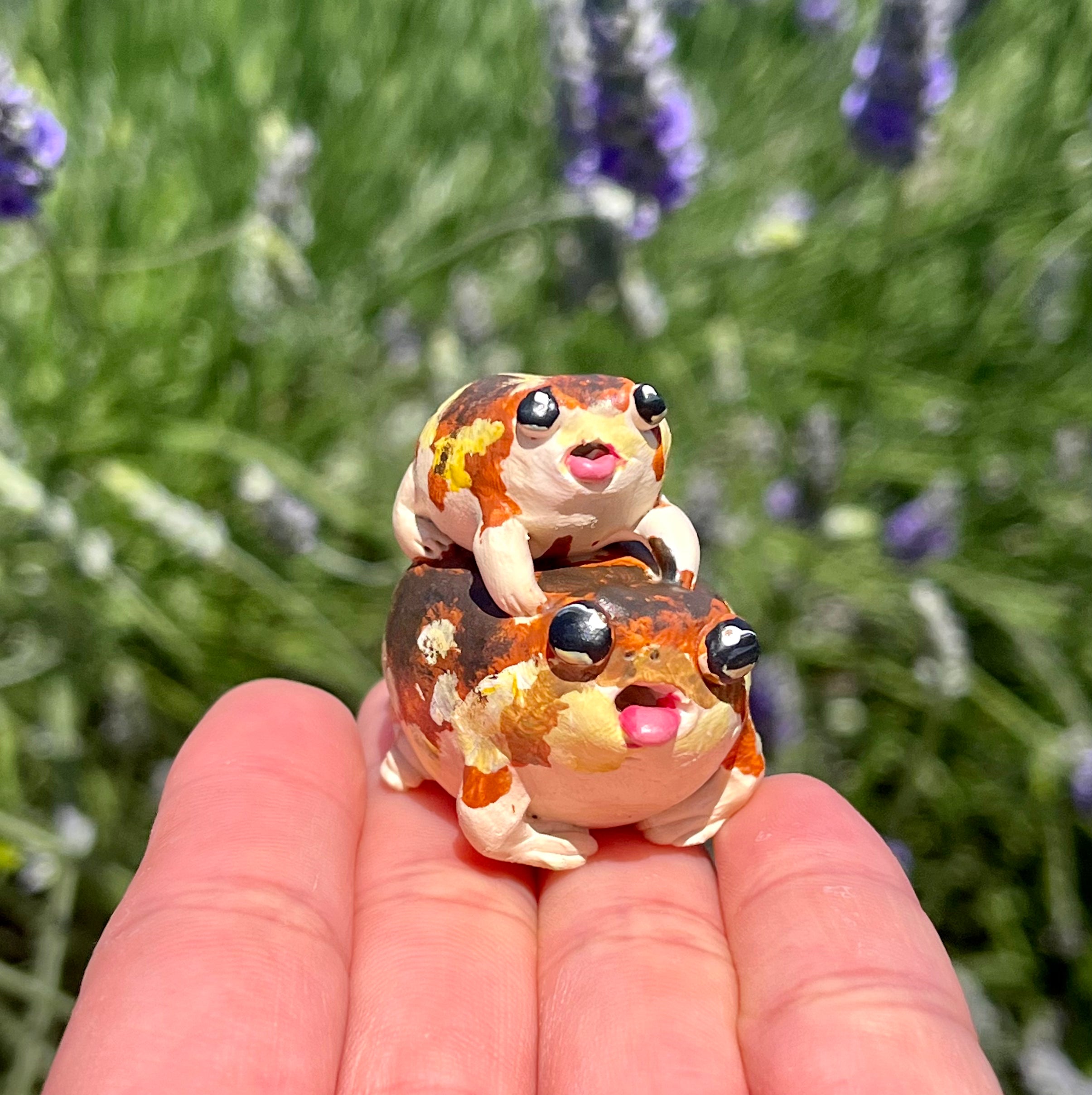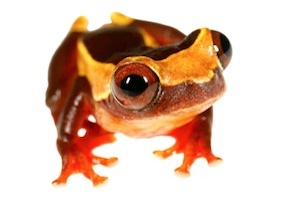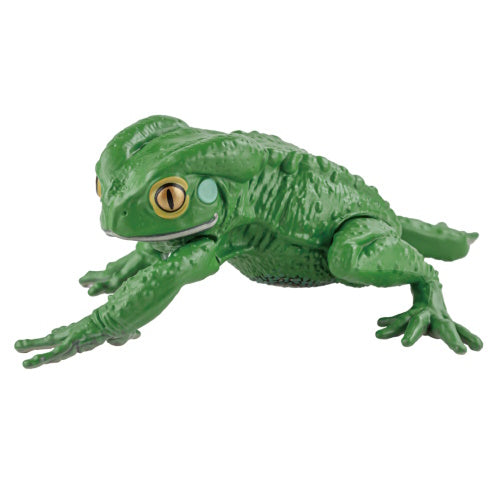Find Your Perfect Rain Frog for Sale: Dive into the World of Exotic Amphibians!
Find Your Perfect Rain Frog for Sale: Dive into the World of Exotic Amphibians!
Blog Article
Common Wellness Issues in Reptiles: Signs And Symptoms and Solutions
In the intricate world of reptile treatment, recognizing the usual wellness concerns that might influence these one-of-a-kind animals is vital in guaranteeing their wellness. From breathing infections that can quietly take hold to metabolic bone diseases that can cripple, reptiles are at risk to a series of disorders that call for keen observation and prompt treatment. Whether it's coming to grips with parasitic infestations, browsing dehydration worries, or addressing skin conditions that materialize in subtle means, being in harmony with the signs and geared up with the knowledge of reliable solutions is necessary for any kind of reptile owner. By delving additionally into the subtleties of these wellness issues and discovering the sensible treatments available, one can guard the health and vigor of these interesting animals.
Respiratory Infections
Breathing infections in reptiles can substantially influence their total wellness and call for punctual focus from experienced veterinarians. These infections are frequently brought on by microorganisms, fungis, or viruses and can manifest through symptoms such as wheezing, nasal discharge, open-mouth breathing, and lethargy. In reptiles, respiratory infections can be particularly challenging to diagnose and deal with as a result of their one-of-a-kind makeup and physiology. Vets often depend on a combination of physical exams, diagnostic imaging, and laboratory examinations to properly determine the underlying reason for the infection.
Treatment for respiratory system infections in reptiles commonly entails a combination of supportive treatment, such as preserving proper humidity levels and temperature gradients in the room, in addition to targeted medicine to address the particular microorganism accountable for the infection. It is essential for reptile owners to monitor their pet dogs carefully for any indicators of breathing distress and look for veterinary treatment at the earliest indication of a concern. With timely treatment and ideal treatment, many reptiles can recuperate fully from breathing infections and resume typical tasks.

Metabolic Bone Condition
What elements add to the growth of Metabolic Bone Disease in reptiles?
Metabolic Bone Illness (MBD) in reptiles is mostly triggered by an absence of correct calcium, phosphorus, and vitamin D3 levels in their diet. When reptiles do not get appropriate calcium, either via their food or proper UVB direct exposure for vitamin D3 synthesis, they are at a high danger of creating MBD. Reptiles with diet regimens reduced in calcium or imbalanced calcium to phosphorus ratios are particularly prone. Additionally, poor direct exposure to UVB light protects against reptiles from manufacturing vitamin D3, which is crucial for calcium absorption and bone health.
Insufficient humidity degrees can additionally affect a reptile's capacity to metabolize calcium successfully. Regular vet check-ups, correct husbandry methods, and a balanced diet regimen are vital to prevent Metabolic Bone Condition in reptiles.
Parasitic Invasions
Parasitic invasions pose a substantial health danger to reptiles, affecting their general health and requiring punctual vet attention. Reptiles can be impacted by various parasites, consisting of termites, ticks, internal worms, and protozoa. These parasites can create a variety of signs, such as weight reduction, lethargy, skin irritability, diarrhea, and even death if left unattended.
One common parasite discovered in reptiles is the mite, which can create skin tension, irritation, and anemia. Ticks are an additional exterior bloodsucker that can transmit diseases and cause discomfort to the reptile. Internal parasites like worms and protozoa can result in digestion concerns, malnutrition, and weaken the reptile's immune system.
To diagnose a view it parasitic infestation, a veterinarian may carry out fecal tests, skin scrapings, or blood tests. Treatment often involves deworming medications, antiparasitic baths, or in severe instances, a hospital stay. Preventative actions such as normal vet exams, correct health, and quarantine treatments for new reptiles can assist reduce the risk of parasitic problems and make certain the health of reptile family pets.
Dehydration and Hydration Issues
Dehydration in reptiles can dramatically affect their health and wellness and well-being, necessitating prompt treatment and suitable hydration management. Reptiles are vulnerable to dehydration because of various elements such as inadequate water consumption, high environmental temperatures, and particular health and wellness problems. Signs of dehydration in reptiles include sunken eyes, sleepiness, loss of skin elasticity, and reduced peeing. If left without treatment, dehydration can result in major health and wellness problems and even be deadly to the reptile.
To protect against dehydration, reptile owners need to guarantee that their pet dogs have access to tidy water at all times. The water meal click here for info need to be large enough for the reptile to saturate in if needed, particularly for varieties that absorb water with their skin. In addition, maintaining appropriate moisture levels in the reptile's unit and providing routine bathrooms can aid avoid dehydration.
In situations of dehydration, it is crucial to seek vet treatment without delay. A veterinarian may provide liquids either by mouth or through injections to rehydrate the reptile. It is necessary to resolve the underlying root cause of dehydration to stop reoccurrence and make certain the reptile's overall well-being.
Skin Conditions

Verdict

Breathing infections in reptiles can considerably impact their general health and need timely focus from knowledgeable veterinarians (rain frog for sale). Preventative procedures such as regular veterinary exams, proper health, and quarantine procedures for new reptiles can assist decrease the risk of parasitic infestations and make sure the well-being of reptile family pets
If left neglected, dehydration can lead to significant health concerns and even be fatal to the reptile.
Consistently examining your reptile for any kind of changes in skin color, structure, or look can aid in very early discovery and treatment of skin ailments, promoting the general wellness and well-being of your scaly buddy. - rain frog for sale
In final thought, reptiles are vulnerable to numerous health problems such as breathing infections, metabolic bone condition, parasitical problems, dehydration, and skin ailments.
Report this page